Team Science
Showcases
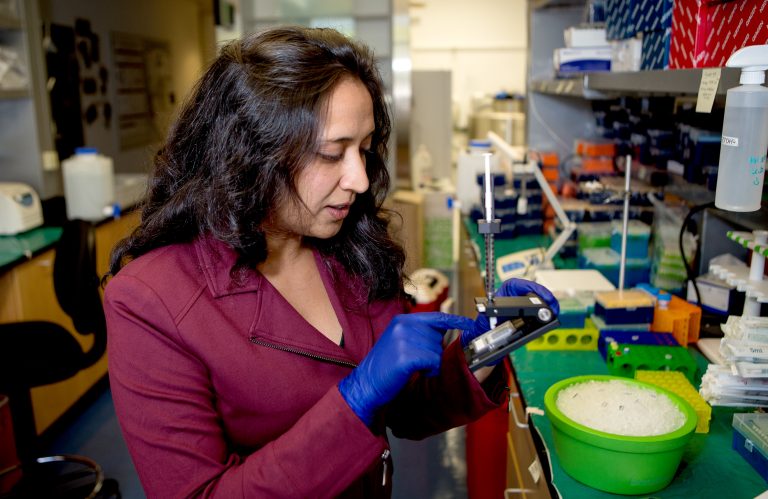
A Team Science Perspective is More than the Sum of its Parts
Inspired by the National Institutes of Health (NIH) vision to use medical discoveries in service of better health, the Stanford Department of Medicine has incorporated a team science approach into a growing number of our programs and initiatives. With the expertise of our distinguished researchers, clinicians, and faculty, and by fostering new forms of collaboration, we can take on the most complex medical problems and make substantial contributions to patient health on a global scale. Read about some of our groundbreaking programs as we expand our team science footprint.
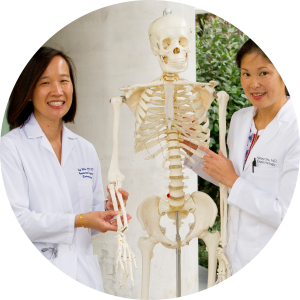
A Multidisciplinary Approach to Women's Health
The Stanford Women’s Health and Sex Diversity in Medicine (WHSDM, pronounced “wisdom”) Center conducts multidisciplinary research on women’s and gender minority persons’ health, encompassing biology and every medical discipline across the entire lifespan. The Center also folds a team science approach into its educational component of Stanford University courses and public events.
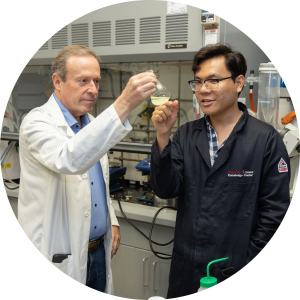
New Antiviral Drug Discovery Center at Stanford
SyneRx, an antiviral drug-discovery hub at Stanford Medicine, will develop drugs to fight viral pathogens with high pandemic potential, including the one that causes COVID-19. The center will integrate the work of researchers across Stanford’s campus, around the country and throughout the world.

Team Science Battling Kidney and Heart Diseases: Large Initiatives Evaluate New Treatment for Cardiovascular and Kidney Diseases
Stanford researchers at the Stanford Center for Clinical Research (SCCR) are collaborating on large team science initiatives across different institutions and specialties to find more effective treatments for kidney and cardiovascular diseases.

Stanford RECOVER, Our Collaborative Approach
Researching COVID to Enhance Recovery (RECOVER) is a four-year initiative funded by the National Institutes of Health (NIH) to study the long-term effects of COVID-19 with a goal of preventing and treating the syndrome. Approximately 10% to 20% of people who have had a SARS-CoV-2 infection (the virus that causes COVID-19) experience lingering effects for months after their initial infection. This condition, known as Long COVID, can be debilitating and affect quality of life of millions of people.
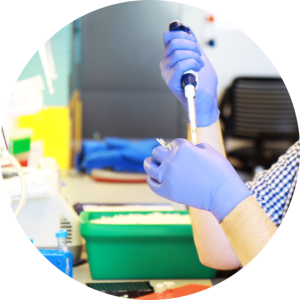
Robust Training Program for Physician Scientists
Stanford’s Translational Investigator Program (TIP) is a combined residency-fellowship program for physicians interested in a research-intensive career. TIP members have access to the full Stanford community of physician-scientists and are paired with a faculty mentor best suited to their career interests.
Physician-scientists bring a unique perspective to medicine that embodies the team science approach, bridging the divide between “the bench and the bedside.”
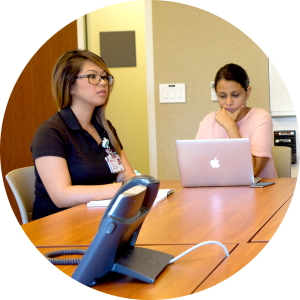
Master of Science in Translational Research and Applied Medicine
Spanning medicine, basic research, technology, and business disciplines, M-TRAM combines flexible classroom learning, hands-on clinical research and biotechnology training, and mentoring by renowned Stanford scholars and top industry executives. Using a cross-disciplinary team science approach, the program provides access to Stanford’s world-class offerings in basic and translational medical research, bioengineering, and medical technology.

